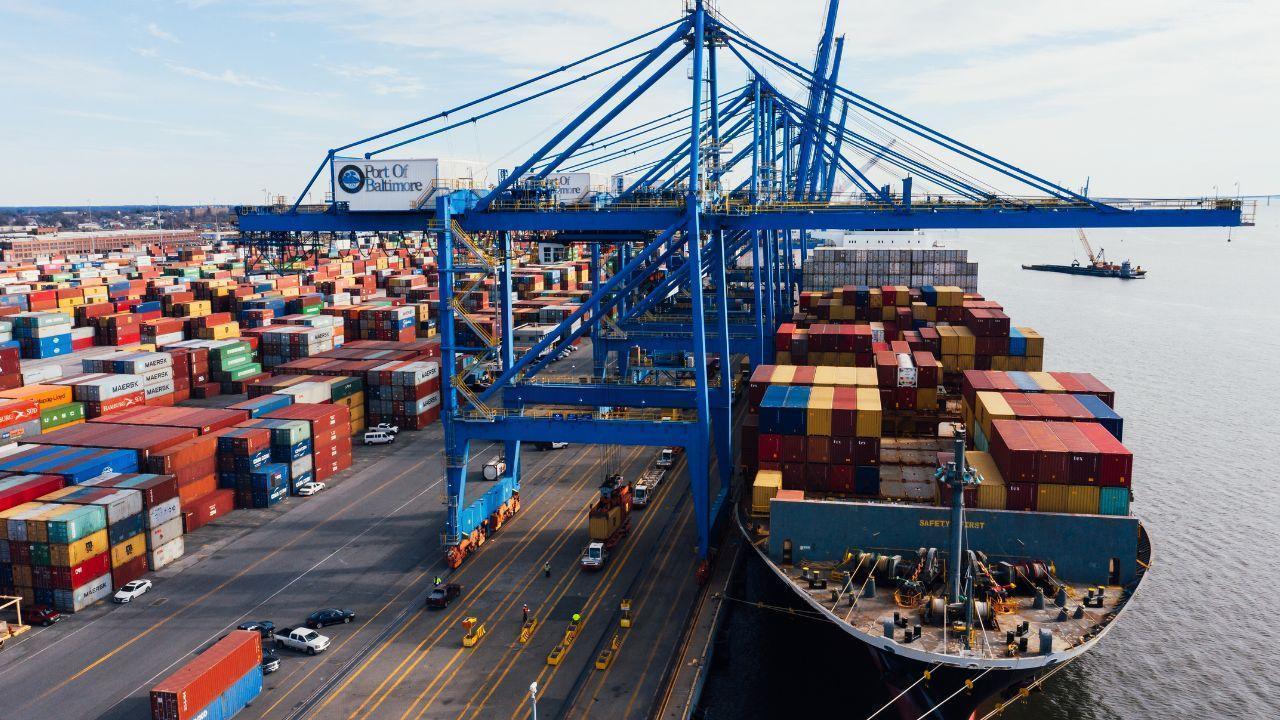
Post by : Avinab Raana
On September 15, 2025, JSW Infrastructure through its new arm, JSW Kolkata Container Terminal Private Limited, sealed a 30-year concession agreement with the Syama Prasad Mookerjee Port Authority. The deal covers rebuilding Berth 8 and mechanising both Berths 7 and 8 at Netaji Subhas Dock under a Design-Build-Finance-Operate-Transfer (DBFOT) model. With an investment pegged at ₹740 crore, this project promises to elevate container handling capabilities and efficiency at one of India’s oldest ports.
The work will take place over two years, during which JSW will reconstruct Berth 8 and mechanise both berths. Crucially, operations will continue even during the construction period, meaning cargo movement and terminal activity will not stop. Once completed, the terminal’s container handling capacity is set to approach roughly 1 million TEUs, a sizable jump for the region. The mechanisation will involve installing equipment, automation, cranes or other cargo handling infrastructure needed to speed up vessel turnaround.
JSW’s ₹740 crore investment demonstrates its commitment to long-term infrastructure growth and the PPP approach. Construction is slated to span two years, with TBEs (through-berth enhancements) aligned so that even during the build phase, cargo operations via Kolkata Port continue. The Letter of Award for this project was issued on July 7, 2025, followed by the incorporation of the special purpose vehicle, JSW Kolkata Container, on August 1, 2025. That shows the deal moved quickly from intent to implementation.
After completion, the handling capacity of JSW’s container operations in Kolkata is projected to reach nearly 1 million TEUs. That is a sharp increase and will place this terminal among more capable operations in East India. JSW already runs the New Mangalore Container Terminal and is expanding capacity there. This Kolkata upgrade will not only reduce congestion and waiting times for ships but is likely to pull more cargo via this port due to better throughput and efficiency.
As India pushes to modernise its port infrastructure, JSW Infrastructure is positioning itself as a leading private player. It is already India’s second-largest private commercial port operator with 12 concessions across the east and west coasts, plus an international terminal in Fujairah, UAE. The company has set a target to handle 400 million tonnes per annum by 2030. Projects like Kolkata are key to meeting that goal, especially in parts of the country where legacy port infrastructure has constrained growth.
Kolkata port, especially Netaji Subhas Dock, has long faced limitations in terms of ageing infrastructure, slow handling, and lower mechanisation. Modernising the berths improves India’s connectivity to Northeast India, Bangladesh, Bhutan, and regional hinterlands. Faster turnarounds will reduce supply chain delays, cost for importers and exporters, and may shift cargo traffic patterns in favour of Kolkata over other ports. The increased mechanisation may also help reduce dependency on manual labour for some operations, improving safety and predictability.
Even with strong planning, this project faces challenges. Construction while operations continue requires careful staging to avoid disruptions. Mechanisation and equipment procurement, hiring skilled labor, and ensuring connectivity (roads/rail) to the berths will be critical. Environmental clearances, regulatory approvals for equipment, and supply chain delays could pose risks. Also, demand growth must keep pace; otherwise, enhanced capacity may under-utilise investment.
The upgrade is expected to generate employment — both in construction and later in operations. Local industries, freight forwarders, trucking firms, and logistics service providers will benefit from improved terminal efficiency. For exporters and importers, reduced waiting and faster handling may translate into lower costs and better reliability. Over time, improved service at Kolkata could strengthen India’s trade competitiveness in regions that depend on this port for ocean access and trade.
JSW Infrastructure’s agreement to revamp and mechanise Berths 7 and 8 at Kolkata’s Netaji Subhas Dock is more than infrastructure—it is a statement about India’s maritime future. As container volumes grow and global trade patterns evolve, ports that modernise early will gain strategic advantage. For Kolkata, this could be a turning point. But the real success will lie not just in capacity numbers, but in how smoothly the upgraded facility operates, how well JSW integrates with surrounding infrastructure, and how quickly trade benefits reach the hinterlands. The upcoming two years could redefine logistics in Eastern India—not just in metrics, but in speed, cost, and reliability.
#JSW Kolkata project, #Kolkata port berths upgrade, #India port mechanisation

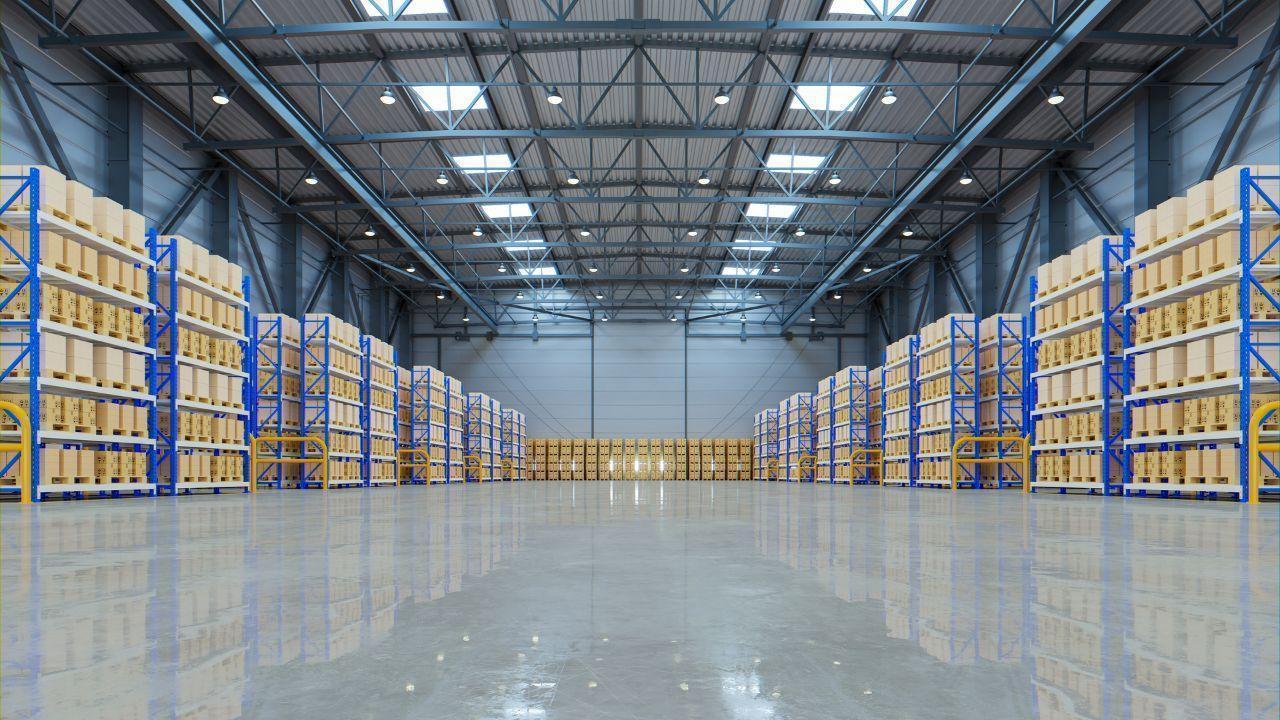
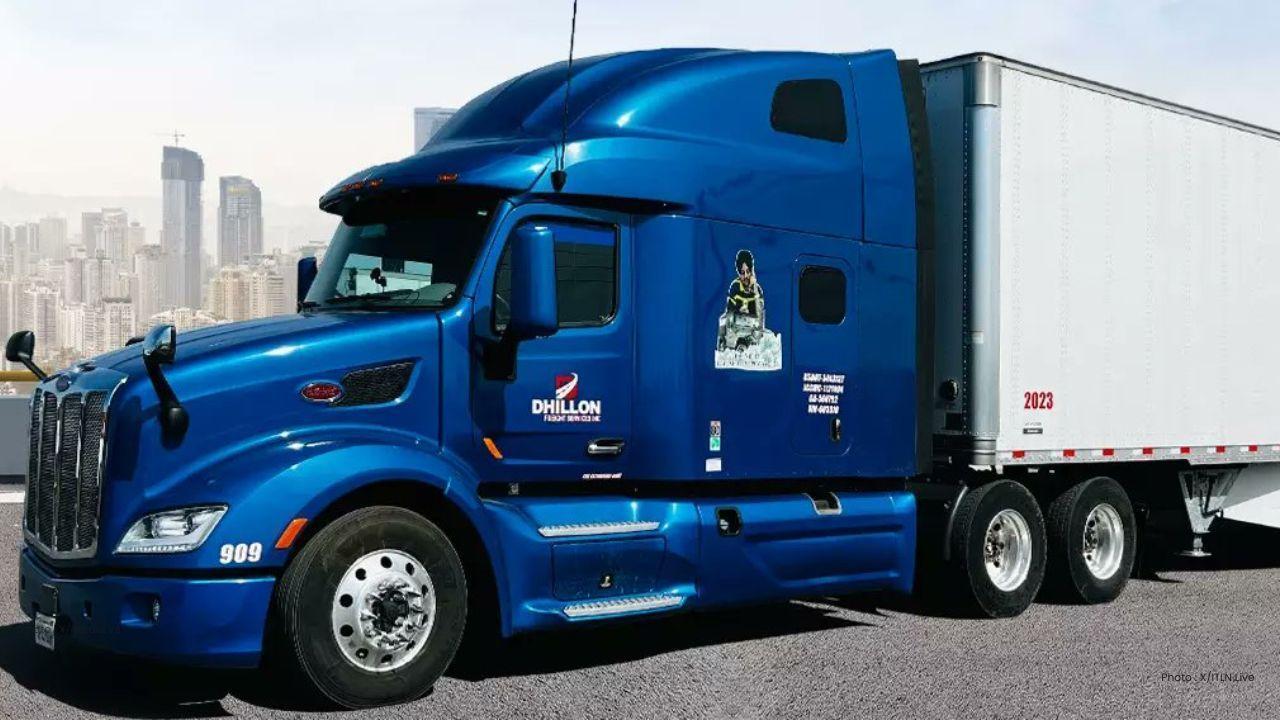


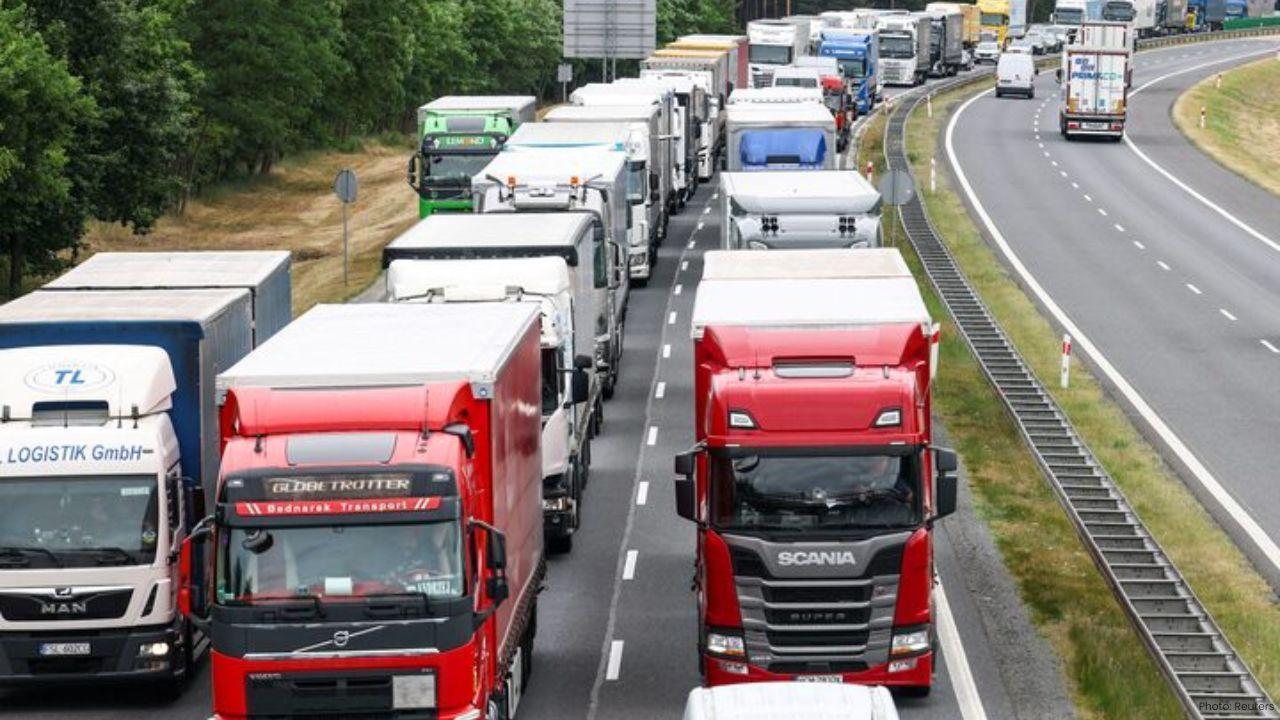




Unitree G1 Robot Shows Strong Agility and Recovery in Combat Test
Unitree’s G1 humanoid robot impresses with fast recovery, smooth movements, and strong agility durin

Autodesk Enhances Design & Production with AI-Powered Tools
Autodesk introduces advanced AI tools to streamline design and manufacturing, boosting efficiency an

2025 Mahindra Bolero Neo Facelift Spied With Fresh Grille Design
Spy photos reveal Mahindra’s forthcoming Bolero Neo facelift, showcasing a new front grille LED DRLs

Tata Technologies Acquires Germany’s ES-Tec Group for ₹750 Crore
Tata Technologies acquires Germany's ES-Tec Group for ₹750 crore to boost European operations and en

Harnessing Carbon Capture Balancing Industry and Climate Action
Carbon capture helps industries reduce emissions while growing, supporting sustainable development a
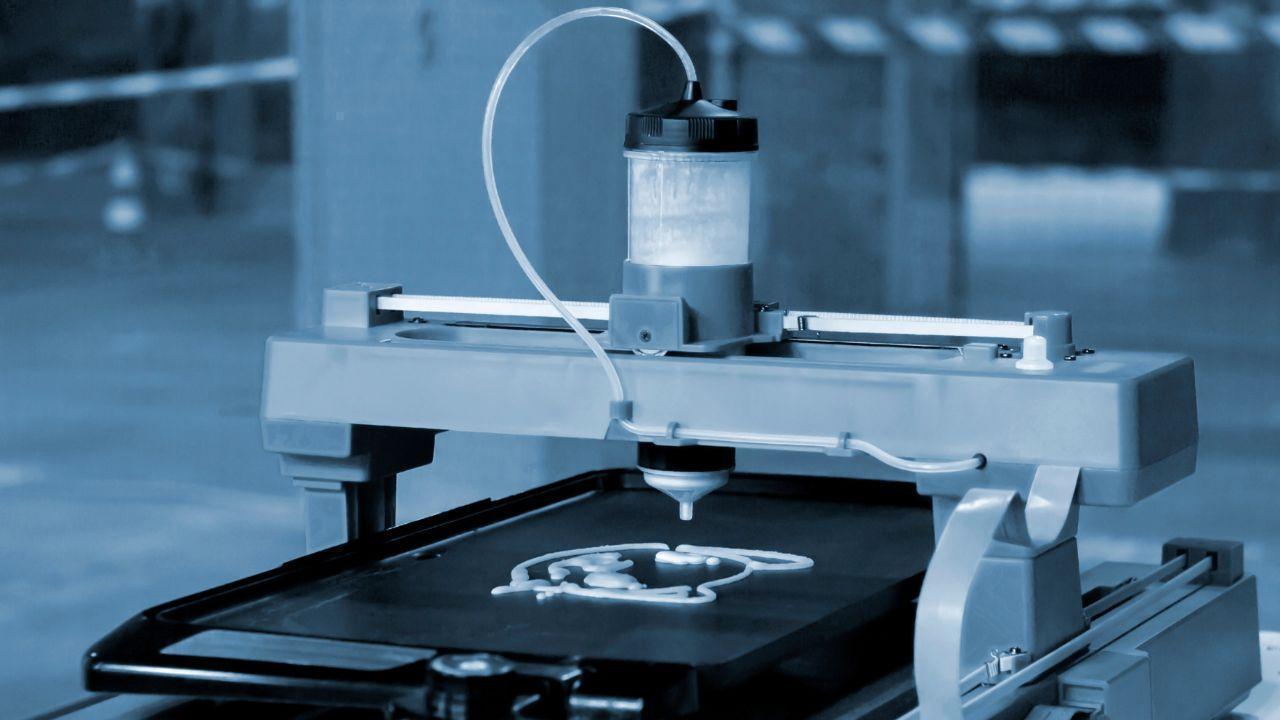
Meltio Opens First U.S. Metal 3D Printing Center in Danville
Meltio launches its first U.S. advanced metal 3D printing center in Danville, Virginia, featuring cu